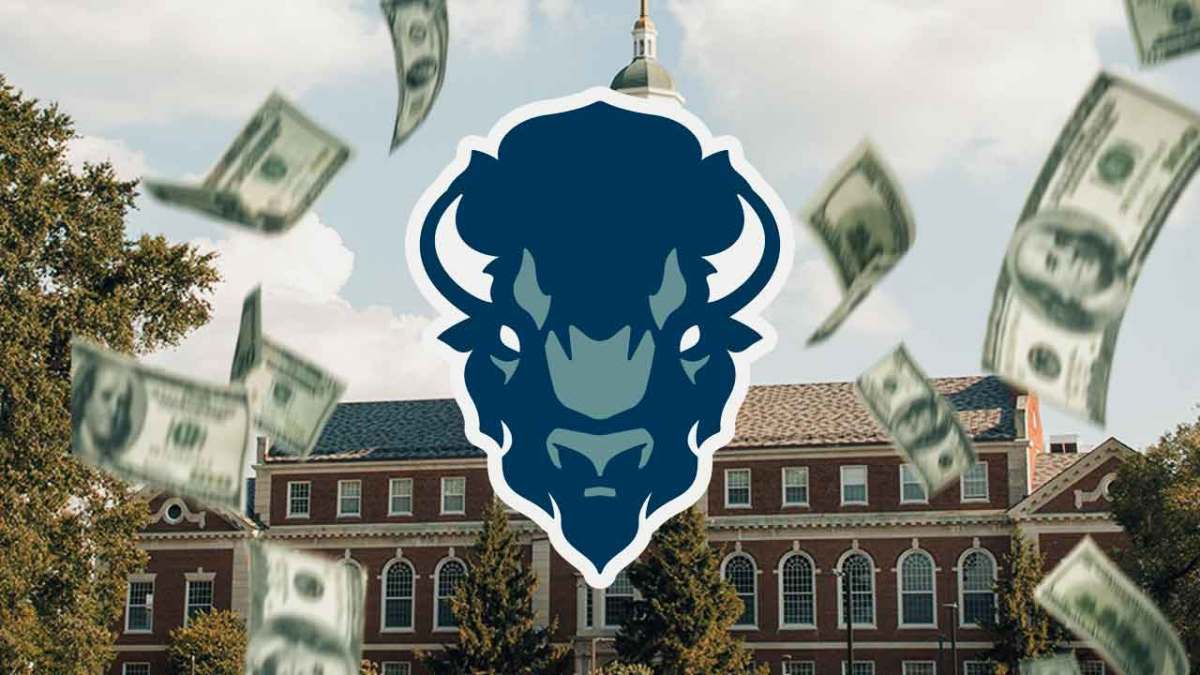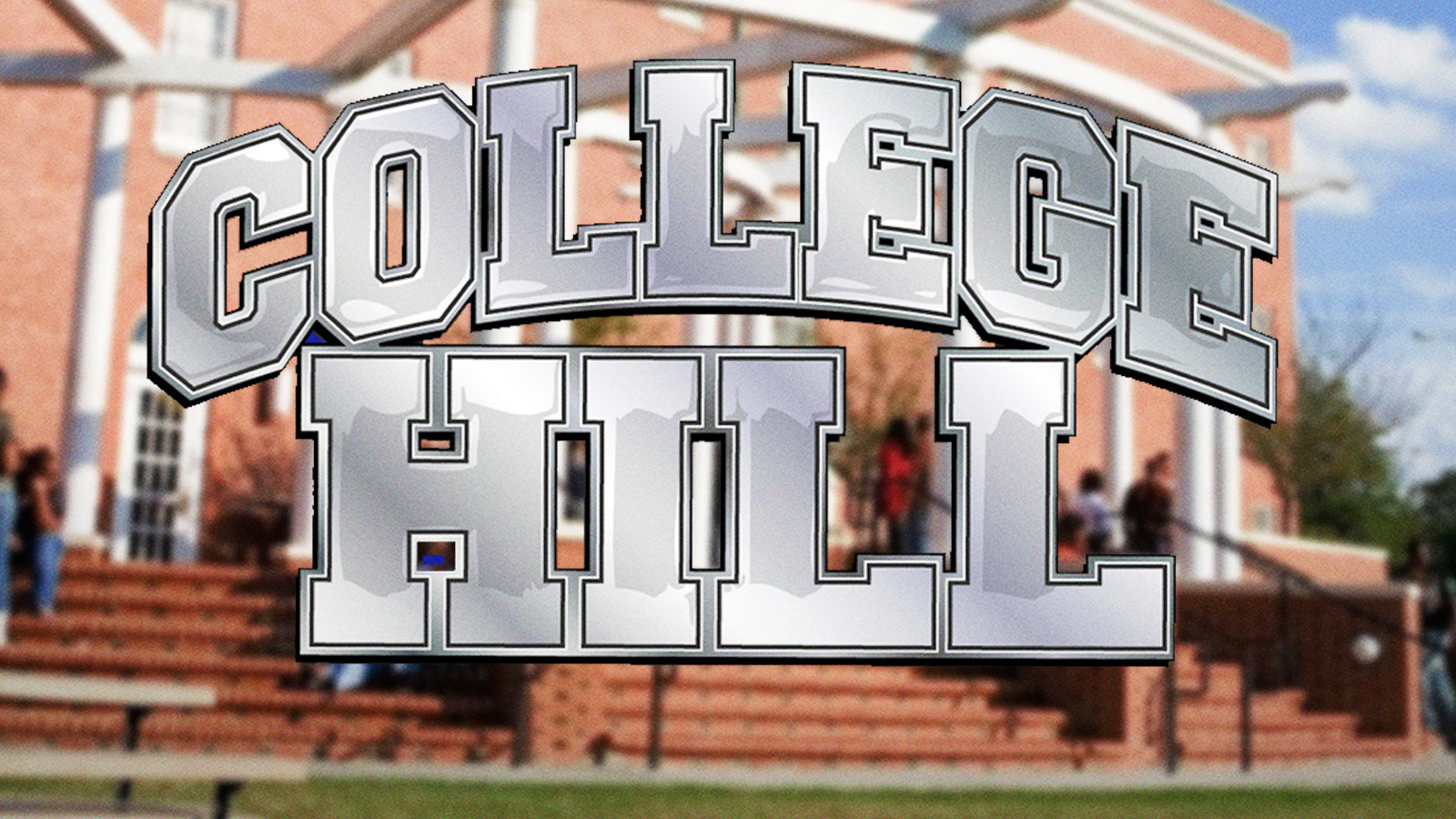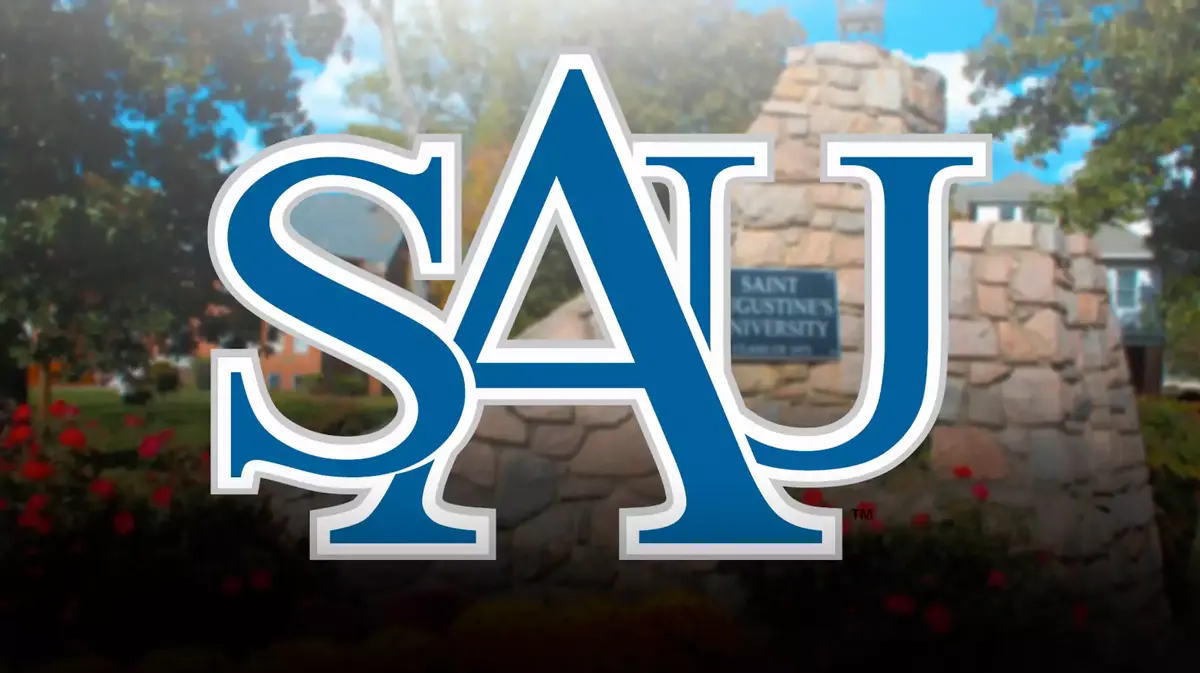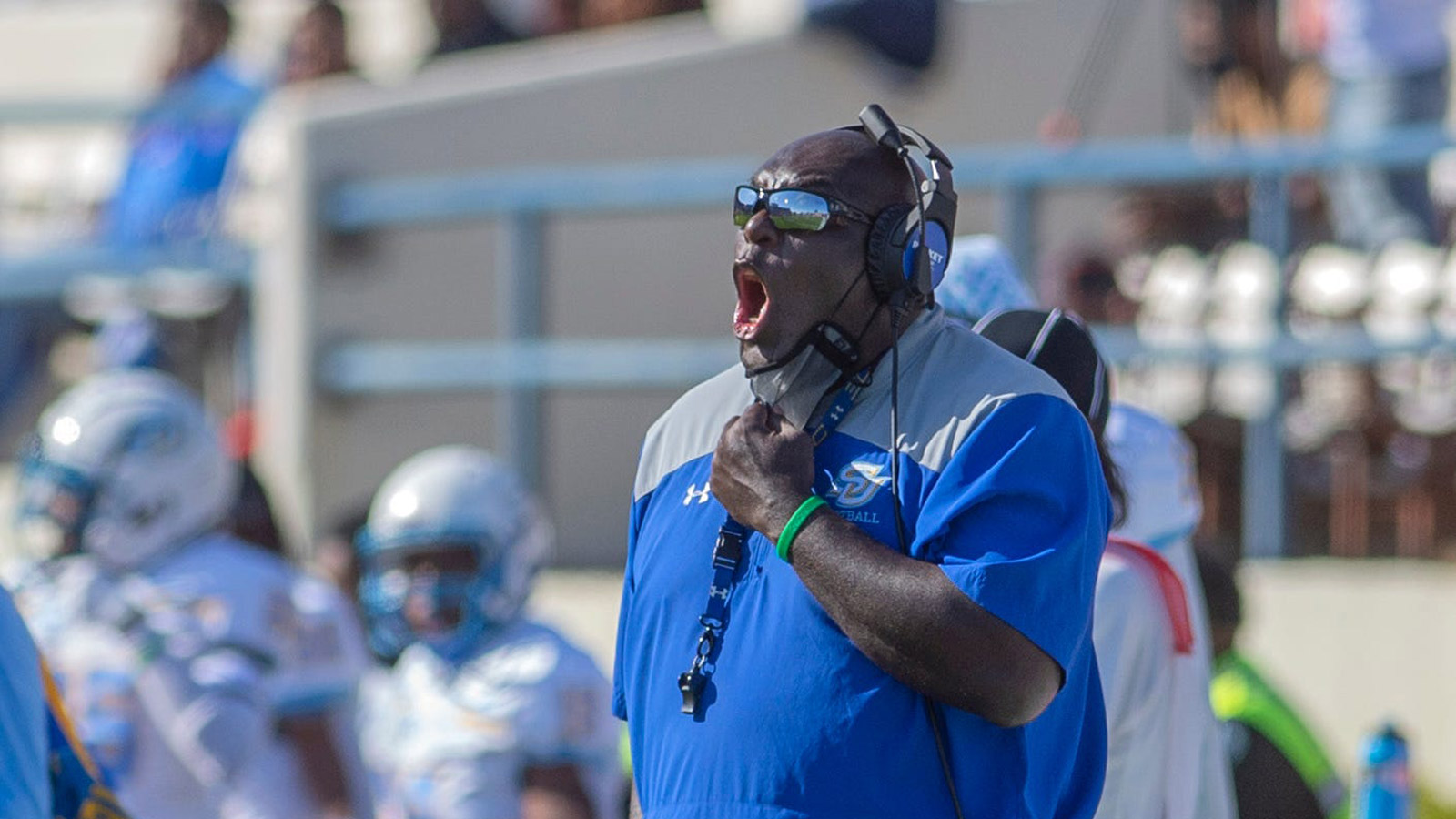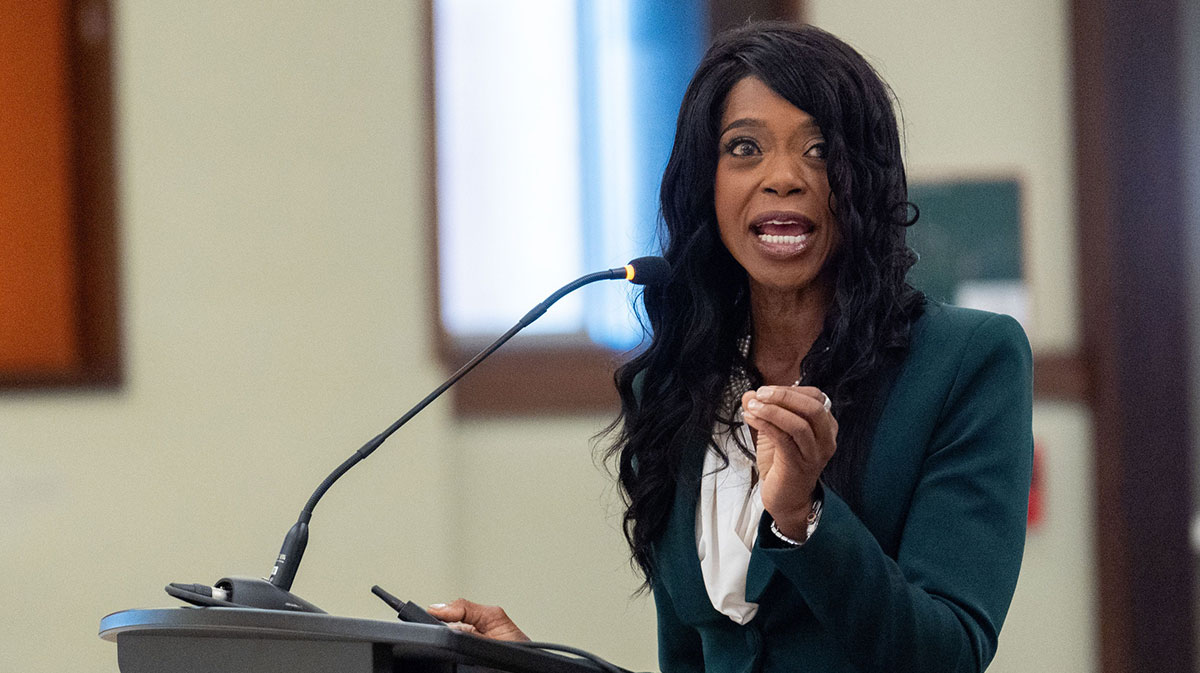Earlier this year, The U.S. Department of Energy’s (DOE) Office of Energy Efficiency and Renewable Energy launched its inaugural Historically Black Colleges and Universities (HBCU) Clean Energy Education Prize Partnership Track. Howard University was one of only ten prize winners for the first of the track’s three phases.
As it moves into Phase 2 this month, Howard University will have the opportunity to split a $4 million prize pool, which will be decided by the project’s status at the end of this phase. The Phase 1 winners have already received $100,000 to help HBCUs form alliances with other universities, government organizations, and industry experts to design a new curriculum, build new programs, and provide new opportunities that will prepare HBCU students for long-term success in the sustainable energy sector.
In addition to the current partnership between Drexel University and Howard University, the project will support the researchers' and educators' shared objective of establishing a curriculum and program in clean and just energy that will involve students in cross-disciplinary experiential learning.
“Howard University proposes to develop a cross-university exchange program with Drexel University to train students through experiential learning activities in the areas of building decarbonization, clean energy, and smart building resiliency,” said Carlton Waterhouse, JD, Ph.D., professor of law in the School of Law and director of the Howard University Environmental and Climate Justice Center. Waterhouse will serve as a principal investigator (PI) on the project.”
Last fall, Howard University began offering its new award-winning interdisciplinary course Environmental Justice (EJ) + Health + Decarbonization, designed and taught by Nea Maloo, assistant professor of clean energy and architectural building technology in the College of Engineering and Architecture and a Howard University PI.
“The clean energy education and curriculum will propel students to be leaders in the most developing field. The students will be trained to design clean and equitable energy communities to help combat climate change. The networking and collaboration for students and professors will be added value in the learning experience,” said Maloo.
The DOE recently announced the first faculty cohort for the ground-breaking Faculty-Applied Clean Energy Sciences (FACES) Program, a joint venture of the DOE's National Renewable Energy Laboratory, Office of Energy Justice and Equity, and Office of Energy Efficiency and Renewable Energy. The program is focused on securing a clean and just energy future for the country. Selected as one of this cohort's program fellows, Professor Maloo will collaborate closely with researchers at the National Renewable Energy Laboratory to improve STEM education and encourage responsible use of clean energy.
“Howard University is a proud recipient of the HBCU Clean Energy Prize to help catalyze our nation’s transition to a clean and just energy future. Through this collaboration with Drexel University, students from both universities will benefit immensely from the resulting interdisciplinary educational experience. The innovation and creativity that are sure to come from this collaboration have the potential to be a career-defining endeavor for the participating students,” said John M. M. Anderson, dean of the Howard University College of Engineering and Architecture.”

